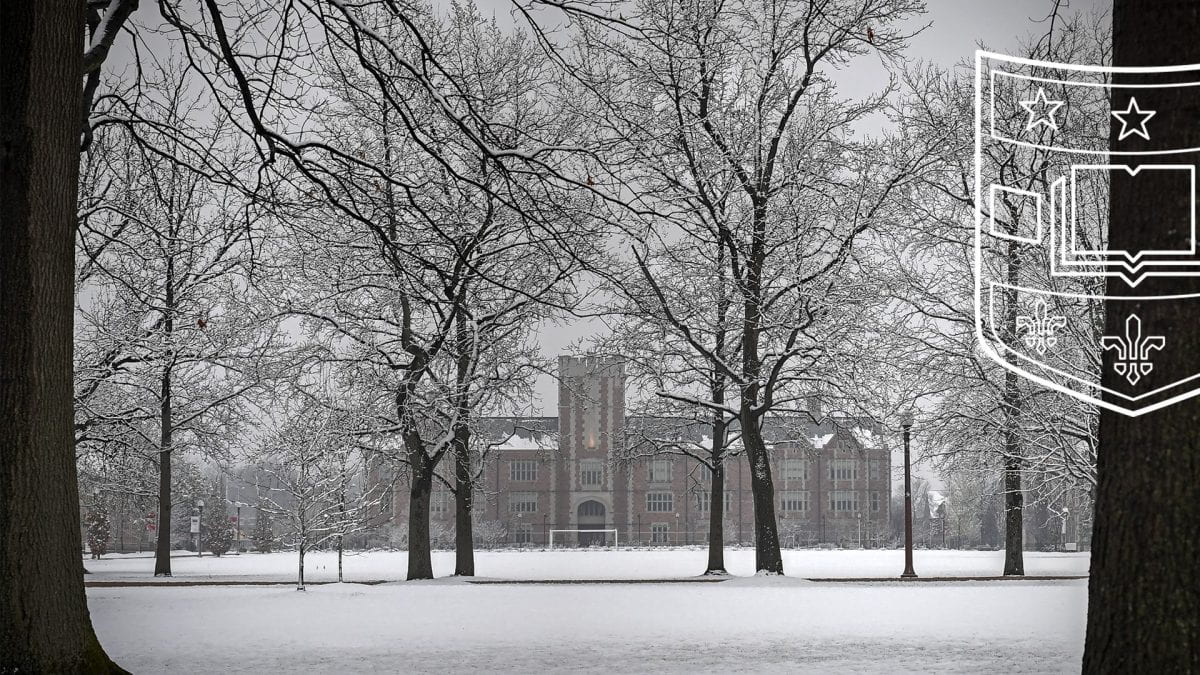With Black Friday and Cyber Monday behind us, it can be tempting to impulse buy any remaining discounted items. Before getting caught up in a “while supplies last” frenzy, remember that scammers capitalize on hasty decisions involving payment information. According to the Internet Crime Complaint Center’s (IC3) 2022 report, non-payment and non-delivery scams cost people more than $281 million that year. Credit card fraud accounted for another $264 million in losses. Follow these online shopping tips to get what you pay for this holiday season.
- Shop only on known, legitimate websites and shopping platforms.
- Avoid paying for items with pre-paid gift cards. In these scams, a seller will ask you to send them a gift card number and PIN. Instead of using that gift card for your payment, the scammer will steal the funds, and you’ll never receive your item.
- Always get tracking numbers for items you buy online so you can follow the delivery process.
- Use trusted payment methods:
- Use a credit card or an electronic payment service such as PayPal as an intermediate step in the transaction for an added layer of protection.
- Wire transfers and cash apps such as Venmo don’t offer buyers protection.
- Avoid paying with a debit card for the same reason.
- Distrust sellers who only accept cryptocurrency.
- Don’t click on links or attachments from unknown sources.
- Don’t provide personal information for an unexpected delivery.
Whether you’re staying home or traveling for the holidays, please protect yourself and the WashU community. Remember the following travel tips to stay safe:
Travel Light
- Lighten your load and keep your belongings close to minimize the chance that something will be lost or stolen.
- Make a copy of your important documents. If you lose the originals, you can report loss or theft with the information on the copies. Contact your nearest U.S. embassy or consulate if you lost your passport outside the U.S.
- Minimize how much cash you carry. A cashless wallet is less valuable to a thief, and you can dispute credit card charges with the credit card company. If you are traveling, notify your credit card company so they don’t mistake your out-of-country purchases for fraudulent transactions.
- If you travel with a device, offload sensitive data before leaving. Save your files in WUSTLBox or OneDrive before leaving, and remove them from your device. Remember to check your Downloads folder and Trash for files containing sensitive and protected information.
- If you’re a faculty or staff member traveling for university business, consider using a loaner laptop for travel. These devices are encrypted to reduce the risk of unauthorized access to private or proprietary information.
When Using Public Wi-Fi
In the past, if you connected to a public Wi-Fi network, your information was at risk. Most websites didn’t use encryption to scramble the data and protect it from hackers snooping on the network.
Today, most websites encrypt your traffic, so connecting through a public Wi-Fi network is usually safe.
To know if your connection is encrypted, look for a lock symbol or https in the address bar to the left of the website address. This works on a mobile browser, too. It can be hard to tell if a mobile app uses encryption, but the majority do.
Register Your Trip
- If you’re traveling for university business, be sure to register on MyTrips International Travel Registry. Doing so will allow the university to help you in case of a problem or emergency. Registration is required for faculty and staff requesting a loaner laptop.
- If you are traveling for pleasure, share your itinerary with someone you trust back home.
- Add luggage tags with your contact information in case they get lost.
- U.S. citizens and nationals traveling abroad should register with the Department of State’s Smart Traveler Enrollment Program (STEP). Also, be sure to check the Department of State website for travel advisories and information about how your devices may be screened during a border control check.
If your WashU device is lost, stolen, or compromised during travel, contact the Office of Information Security at infosec@wustl.edu. You can read the CIO’s travel tips here.
